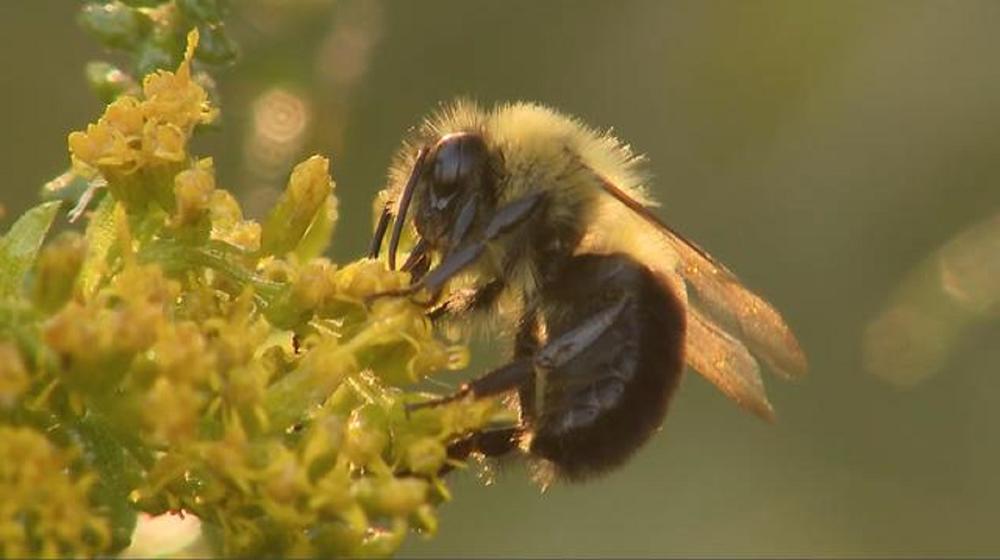
Caption
The University of Georgia has helped develop a vaccine to combat the spread of American Foulbrood (AFB) disease, historically one of the most damaging insect diseases affecting the honeybee.

The University of Georgia has helped develop a vaccine to combat the spread of American Foulbrood (AFB) disease, historically one of the most damaging insect diseases affecting the honeybee.
The University of Georgia’s College of Agricultural and Environmental Sciences has partnered with Dalan Animal Health to advance the world’s first honeybee vaccine.
This vaccine would combat spread of the American Foulbrood (AFB) disease, historically one of the most damaging insect diseases of the honeybee breed.
“They are taking a stab at this one because it’s such a historically important bee disease,” said Keith Delaplane, CAES Department of Entomology professor and director of the UGA Bee Program. “With the good results, which we anticipate based on lab work, we can expand the product line to other diseases.”
AFB is a disease that visibly risks the sustainability of the entire colony. Once it is present in a colony, there is no way to treat it. Georgia and many other states require beekeepers to burn colonies infected with AFB.
“It’s something that beekeepers can easily recognize because it reduces the larvae to this brown goo that has a rancid stink to it,” Delaplane said.
According to Delaplane, beekeepers have always used antibiotics to treat AFB. But the U.S. Department of Agriculture wants to cut down on antibiotics in bees and other food-providing animals, so the vaccine is a good replacement.
This vaccine would only be given to the queen bee of a honeybee colony because the queen bee’s genetics dictates that of the entire colony.
“What we envision is mostly a product for queen producers,” Delaplane said. “ If they could feed their queens a cocktail of this vaccine and others preferably in one dose, then we imagine queen breeders being able to produce and sell these fully vaccinated queens against American Foulbrood and a whole bunch of other diseases.”
The USDA is dealing with the final approvals regarding the vaccine’s regulatory proof of purity stages. CAES hopes the USDA will approve the vaccine before the next bee season in spring.
“We’re ready to commercialize it,” Delaplane said, "so that would be a best-case scenario."